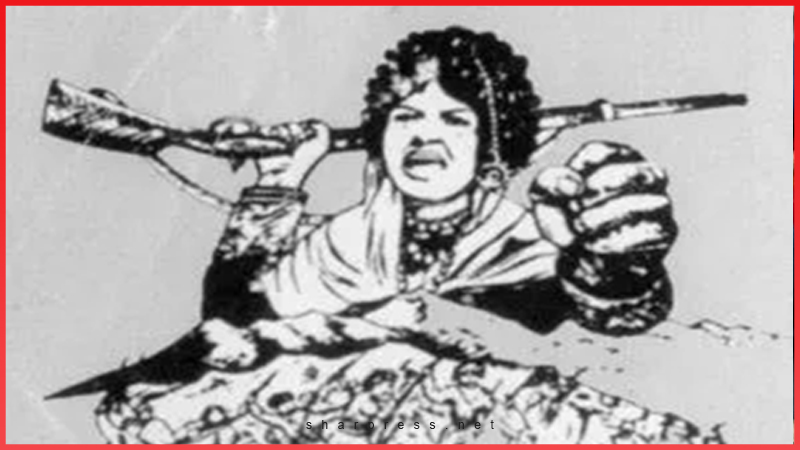Mirzadeh Qadamkhêr (1898 – 1932) was a heroic Kurdish revolutionary leader and fearless warrior. She was an unparalleled patriot who led the Kurdish revolt and put the issues of Kurdistan before her own interests. Prepared to sacrifice everything, she dedicated herself to the cause of freeing the Kurds and Kurdistan from cruel occupiers.
Qadamkhêr could no longer tolerate the oppression of Kurds under Reza Shah Pahlavi of Iran. In 1925, when the Shah unjustly killed her brother, Shamrad Khan, the last prince of the small Lorestan principality, it fueled Qadamkhêr’s determination to resist.
She vowed to stand up against subjugation and prevent her nation from succumbing to the Shah’s rule. Qadamkhêr quickly organized a Feyli Kurdish militia and announced an insurrection in the eastern Kurdistan region of Lorestan. She aimed to secure Lorestan’s independence, using the rugged mountains as the revolution’s stronghold.
The revolutionaries launched several successful attacks on Reza Shah’s army, inflicting significant damage and capturing supplies and weapons. Despite the Shah’s attempts to turn Kurdish tribes against the revolutionaries with bribes, none accepted this betrayal. The revolutionaries repelled multiple assaults from the Shah’s forces, clearing most of Lorestan of the occupying Iranian army in a short time.
Qadamkhêr was described as a tall, beautiful, and graceful woman, known for her intelligence and vigilance. Her beauty, horsemanship, bravery, and patriotism inspired many poems and songs, particularly in the Feyli Kurdish dialect. Some of these songs, which praise her courage and revolutionary spirit, are still sung by Feyli Kurds today.
Qadamkhêr’s bravery and leadership in the face of injustice made her a symbol of Kurdish patriotism and resistance. She battled valiantly against the forces attempting to oppress her people and remained steadfast in her devotion to Kurdish independence despite the difficulties and dangers she faced. Her legacy continues to motivate Kurds in their struggle for recognition and autonomy.

